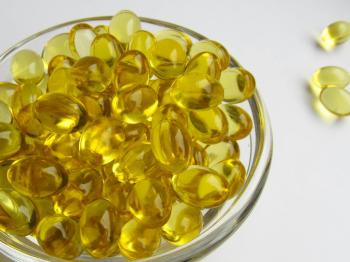Vitamin D and Vermont Winter
December 27, 2024

Benefits and Risks
With the Vermont winter upon us, many of us are considering the benefits and risks of vitamin D supplements. There is a lot of information out there about the benefits of Vitamin D to help offset low moods due to reduced sunlight in winter. However, not all supplements are equal, and it is important to understand what you are taking and how much to take. At Champlain Medical, we recommend consulting with one of our practitioners or doctors to find out what is best for you.
Taking too many vitamin D supplements can lead to health risks, including a condition known as vitamin D toxicity or hypervitaminosis D. This occurs when excessive vitamin D intake raises calcium levels in the blood, leading to symptoms such as nausea, vomiting, weakness, and frequent urination. In more severe cases, it can result in kidney damage, calcium buildup in the arteries, and heart issues. Unlike vitamin D produced through sunlight exposure, which the body regulates naturally, vitamin D from supplements can easily be overconsumed, particularly if people take multiple supplements that contain vitamin D.
Quality Not Well Regulated
The abundance of vitamin D supplements on the market poses another concern. Many supplements vary in quality and dosage, and not all are well-regulated. Some may contain levels of vitamin D far above the recommended daily intake, which increases the risk of toxicity, especially when taken without medical supervision. Because vitamin D is fat-soluble, it accumulates in the body over time, so regular intake of high doses can be dangerous. Consumers should be cautious and check the quality and content of supplements, ideally opting for trusted brands and consulting a healthcare provider before starting any regimen.
It’s important to remember that while vitamin D is essential, balance is key. Taking the appropriate amount through supplements, combined with dietary sources like fortified foods and fatty fish, can help maintain healthy levels without risking the negative effects of over-supplementation. Monitoring vitamin D intake, especially in winter, should involve careful consideration of supplement use and regular blood tests to ensure safe levels are maintained.
If you are considering vitamin D supplements, please contact us to set up an appointment to review what is optimal and safe for you.